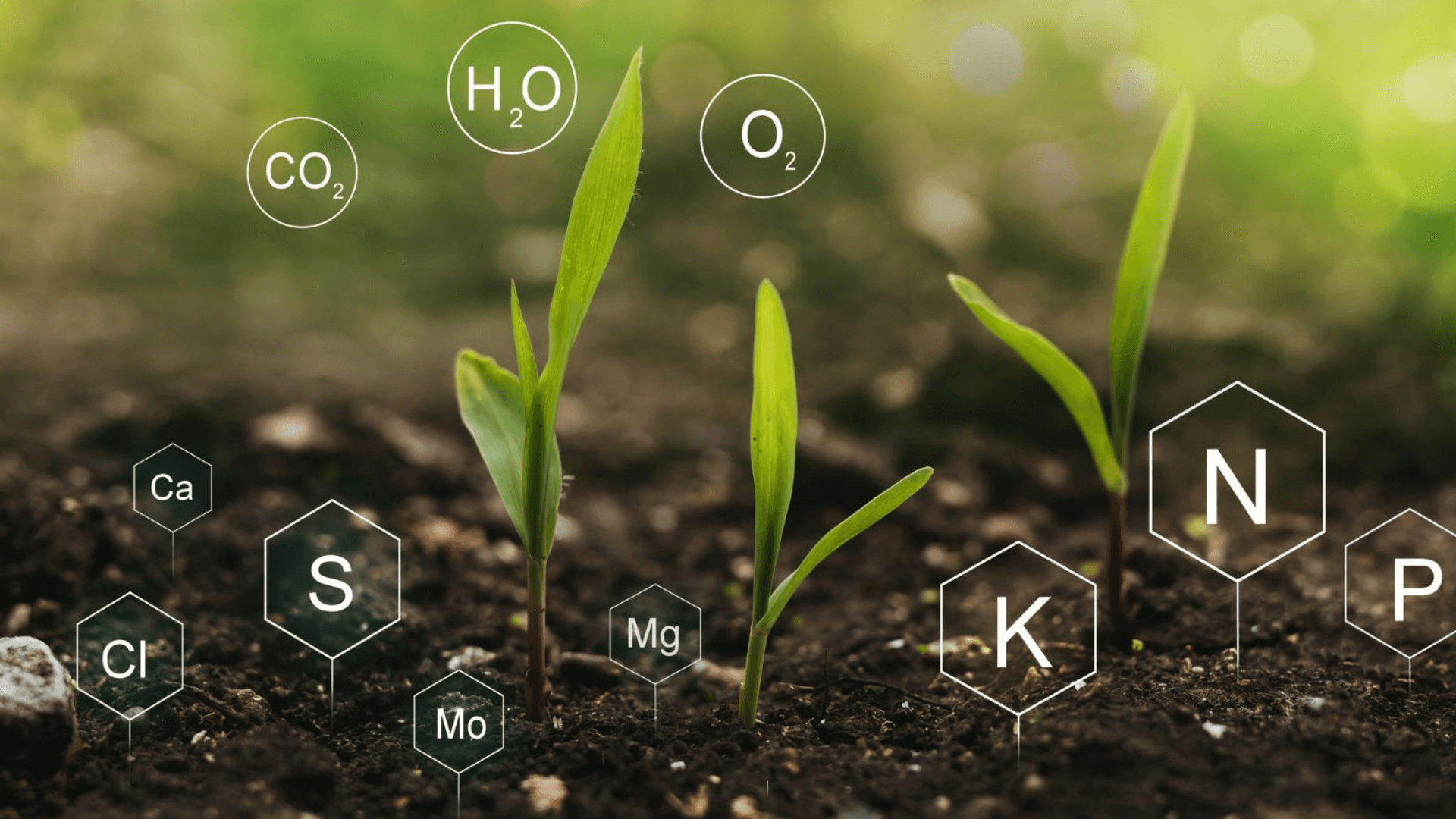One of the primary goals for any farmer is to achieve high crop yields without compromising the health of the crops. That’s where nutrient management comes into play. Proper nutrient management is a key factor in promoting optimal plant nutrition, which in turn ensures robust growth and high yields. In this blog, we’ll explore the critical aspects of nutrient management and how you can apply them effectively.
Understanding Plant Nutrition
Before diving into nutrient management, it’s crucial to understand the basics of plant nutrition. Plants primarily require three major nutrients—Nitrogen, Phosphorus, and Potassium, commonly referred to as NPK. Apart from these, they also need secondary and micro-nutrients like calcium, magnesium, and zinc, albeit in smaller quantities.
Why Nutrient Management is Important?
#1. Balanced Nutrient Supply
Providing the right amount of nutrients at the right time ensures that crops have a balanced supply, which is crucial for their growth and development.
#2. Efficient Use of Resources
Good nutrient management helps you make the most out of fertilizers and organic matter, reducing waste and saving money.
#3. Environmental Protection
By avoiding over-fertilization, you also minimize the risk of nutrient runoff into nearby water bodies, thereby protecting the environment.
Core Principles of Nutrient Management
- Soil Testing: The first step is to test your soil to understand its nutrient levels. Soil tests provide invaluable data on what nutrients your soil is lacking.
- Fertilizer Selection: Based on soil test results, choose the appropriate fertilizers that supply the necessary nutrients.
- Timing and Application: Apply fertilizers at the right time and in the right way. For instance, some nutrients are best applied before planting, while others may be more effective when applied during the growing season.
Effective Strategies for Nutrient Management
- Organic Fertilizers: Organic materials like compost and manure are excellent sources of nutrients and also improve soil structure.
- Crop Rotation: As mentioned in previous blogs, rotating different crops can help in balancing the soil nutrients naturally.
- Controlled-Release Fertilizers: These fertilizers release nutrients slowly over time, providing a steady supply to the plants.
- Foliar Feeding: Directly applying liquid fertilizer to plant leaves can provide quick nutrient absorption in specific situations.

Common Mistakes to Avoid
- Over-Fertilization: More is not always better. Excess nutrients can harm your crops and the environment.
- Ignoring pH Levels: The pH level of the soil can affect nutrient absorption. Make sure to monitor and adjust it as needed.
- Inconsistent Monitoring: Frequent checks on soil nutrient levels and plant health are vital. Don’t skip this important task.
Conclusion
Nutrient management is an indispensable aspect of modern farming. By employing effective strategies, you can ensure optimal plant nutrition, leading to healthier crops and higher yields. Start with soil testing and make informed decisions on fertilizer application to see notable improvements in your agricultural output.
See Also


Leave a Reply